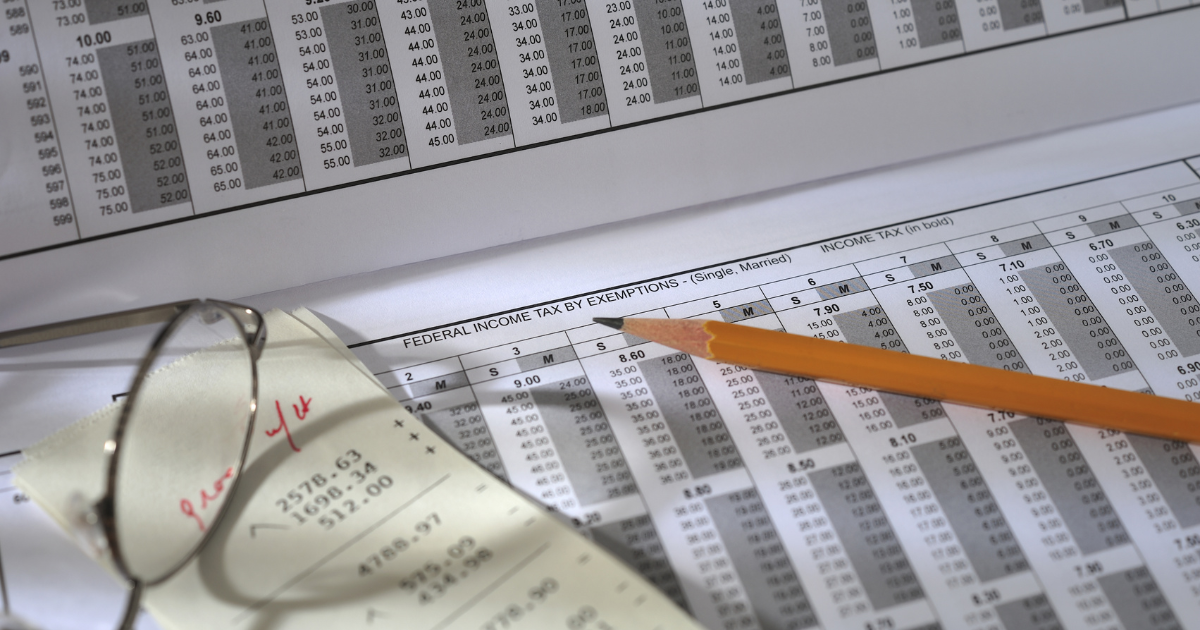The budget includes various superannuation measures discussed in a separate article. However, for those interested, here’s a summary of some additional budget announcements that may catch the attention of a tax accountant.
$20,000 instant Asset Write-Off extended
The ability for small businesses (i.e. with an aggregated turnover of less than $10 million) to claim an instant write-off for purchases of plant and equipment costing less than $20,000 was due to end on 30 June 2017 but has been extended for a further year.
Medicare Levy to Increase
From 1 July 2019, the Medicare levy will increase from 2% to 2.5%. The 0.5% increase ensures the National Disability Insurance Scheme is fully funded.
HELP Debt Repayments
From 1 July 2019, it is proposed that the threshold from which you are required to repay your Higher Education Loan Programme (HELP) debt will reduce from $55,874 down to $42,000. The minimum repayment rate will be 1% of taxable income, up to 9.5% for those with taxable incomes above $100,655.
GST on New Residential Property
Under current law, GST is included in the purchase price of new residential property, and the developer reports and remits it as part of its normal Business Activity Statement. From 1 July 2018, purchasers of newly constructed residential properties will be required to remit the GST on their purchase directly to the ATO as part of the settlement.
The measure is designed to overcome situations where property developers fail to remit GST.
Deductions for Residential Rental Properties Reduced
New measures are to be introduced to restrict residential rental property deductions concerning:
Travel Expenses
From 1 July 2017, deductions for travel expenses related to inspecting, maintaining or collecting rent for residential rental properties will no longer be allowed.
Depreciation
For residential investment properties acquired under contracts entered into after 7.30 pm (AEST) on 9 May 2017, deductions for depreciation on plant and equipment purchased by the previous property owner will not be allowed. In other words, investors will no longer be allowed to claim depreciation deductions on things like air conditioners, dishwashers and hot water systems already in a property when they purchased it.
Investors who purchase plant and equipment for their investment property can claim depreciation on these purchases.
Foreign & Temporary Residents – Main Residence Exemption
Under the right circumstances, foreign and temporary residents can use the absence rule in the CGT main residence exemption provisions to claim the main residence exemption on an Australian property even if they’re no longer residing there. The absence rule can apply for up to six years if the property is rented out or indefinitely if they aren’t earning rent from the property.
This exemption will no longer apply to foreign or temporary residents.
Any capital gains on properties already owned at 7.30 pm on 9 May 2017 will continue to be exempt from CGT for these taxpayers until 30 June 2019, so affected taxpayers should carefully consider whether they should sell their property before then. While it is not law yet, if the legislation goes through as suggested, the above will be the effect.
Kreston Stanley Williamson Team
*Correct as of May 2017
Disclaimer – Kreston Stanley Williamson has produced this article to serve its clients and associates. The information contained in the article is of general comment only and is not intended to be advice on any particular matter. Before acting on any areas in this article, you must seek advice about your circumstances. Liability is limited by a scheme approved under professional standards legislation.














